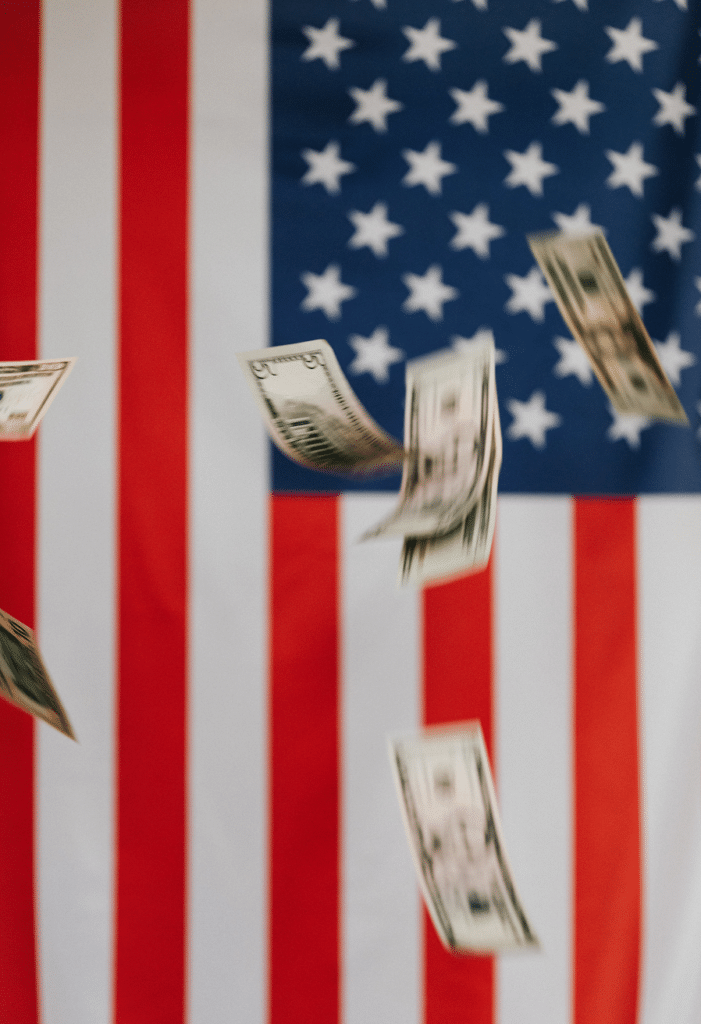📑Table of Contents:
Inflation is an economic environment in which the price of goods, services, and assets rises while the purchasing power of money falls. Even though people often talk about it as one thing, there are three kinds of inflation:
- Monetary inflation (when the money supply increases)
- Consumer price inflation (when the cost of everyday goods and services increases)
- Asset price inflation (when the value of financial assets like stocks, bonds, real estate, gold, and art increases)
What causes inflation?
The cause of inflation depends on the type of inflation.
- Monetary inflation occurs when a government or central bank increases the supply of money in the system, devaluing the purchasing power of money already in circulation.
- Consumer price inflation occurs anytime the cost to produce goods and services increases–such as during supply chain disruptions or global events like COVID-19. Additionally, consumer demand outpacing supply can also cause consumer prices to rise.
- Asset price inflation often happens when interest rates are low and the wealth of higher net worth individuals is growing. Since these individuals have their personal consumption needs met, their excess capital flows to financial assets.
Why is inflation currently so high?
As of February of 2022, the current annual rate of inflation hit 7.9%, a forty-year high and considerably higher than the Federal Reserve’s 2% target. This high rate of inflation can be attributed to three basic factors:
- Monetary inflation: The US Government injected trillions of dollars into the economy for Covid-19 relief efforts.
- Consumer price inflation: The Covid-19 pandemic caused global supply chains to seize up. With demand up and supplies down, costs rose. Companies then passed along these higher costs to consumers in the form of higher prices of goods and services.
- Asset price inflation: Tax policies, automation, offshoring, and other factors, wealth has concentrated towards the top in the US in recent decades
What effect does inflation have on me?
In an inflationary environment, money saved today is less valuable tomorrow. Higher prices for everything from real estate to food and medical costs also follows.
Is inflation always a bad thing?
Many argue that inflation is needed to combat deflation, the decline in the prices of goods and services due to a widespread drop in demand. Deflation is widely viewed as worse than inflation as it often signals an upcoming recession. This leads some to argue that inflation is a necessary evil.
Is Bitcoin a hedge against inflation?
One attribute that has made Bitcoin appealing to investors is the idea that it is more resistant to inflation than other currencies like the U.S. dollar or Euro. Since its inception, Bitcoin has generally increased in value much faster than the US dollar and other currencies have lost their value. While the Bitcoin market can be volatile, the trendline in its price over time has been upward. As a result, Bitcoin has become an increasingly popular hedge against the inflation of fiat currencies.






